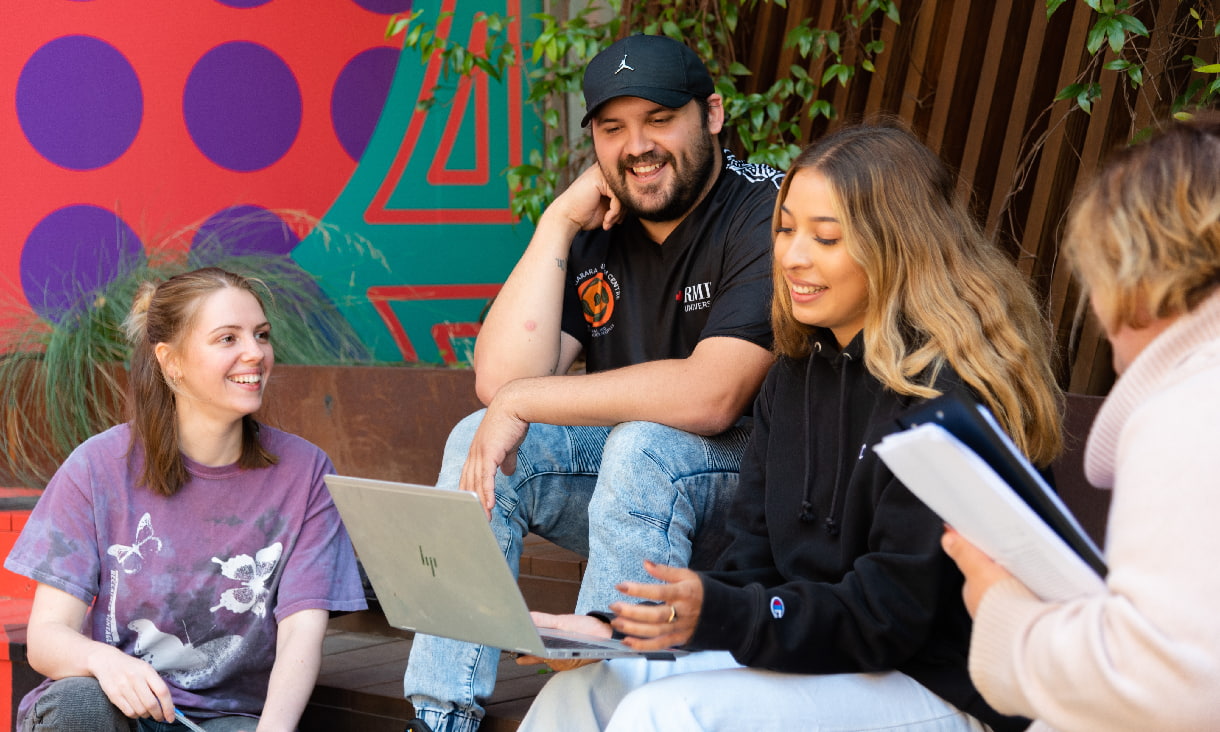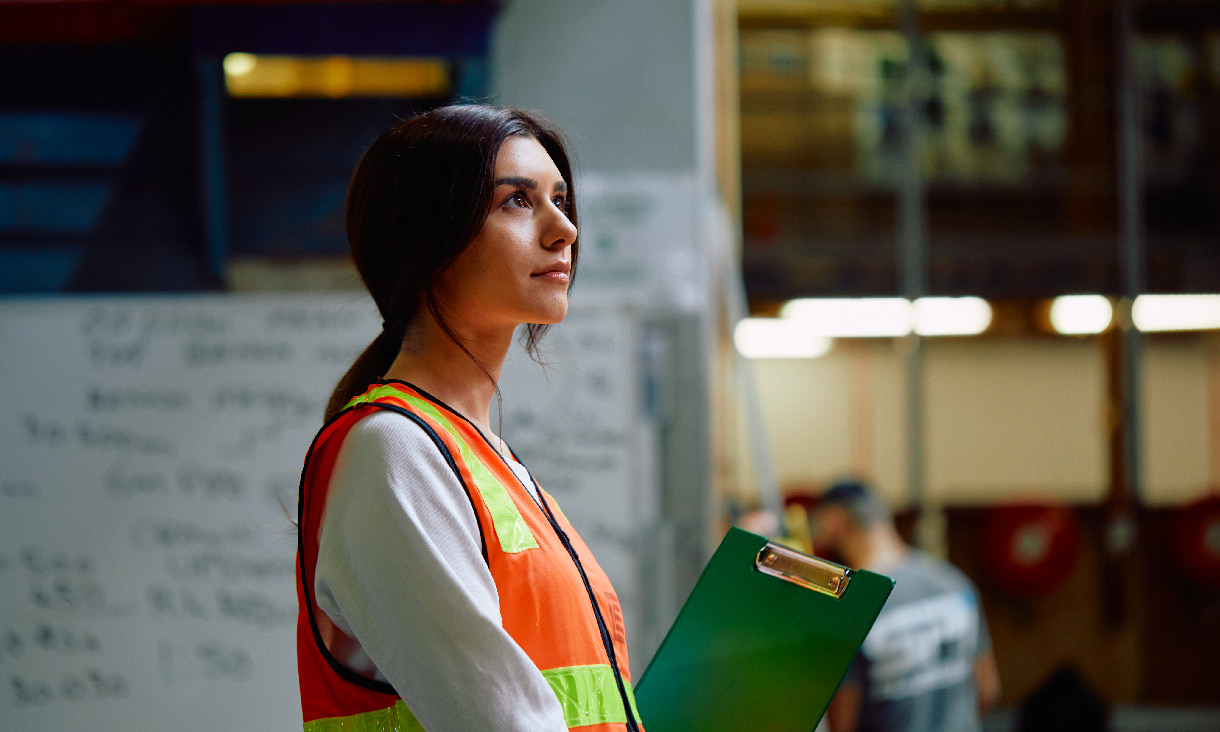How to research courses and pathways
Trying to wrap your head around the differences between RMIT courses, and which one is best for you?
RMIT’s ATAR Course Finder helps you search for courses by entering your estimated ATAR. Although ATAR requirements for each course are subject to change by the time you’re in Year 12, it can give you a good idea of what’s available in study areas you’re interested in.
Remember, the traditional path to uni isn’t the only one. If you don’t meet the entry requirements of your course at first, there are still ways to get there.
Pathways at RMIT are alternate ways to reach your dream course by first completing a TAFE qualification first. If you don’t get the mark you were hoping for on your ATAR, you can choose a TAFE course, which is usually shorter and more hands-on than an undergraduate degree (commonly referred to as a Bachelor degree).
After completing your TAFE qualification, you can apply for credit for prior study or experience, which helps you get into the degree you were originally aiming for.
You can research pathways using RMIT’s Pathways Finder tool. You can also take advantage of RMIT’s Pathways Guaranteed, which guarantees that you’ll have a place in your undergraduate degree when you complete your TAFE qualification.




